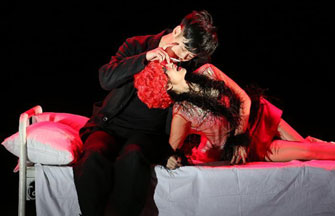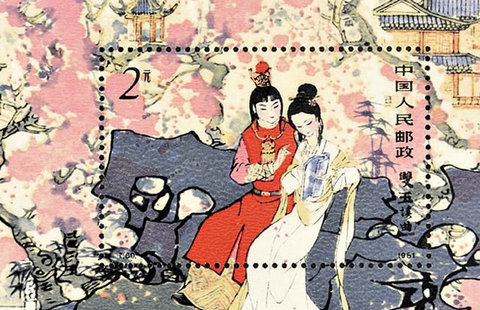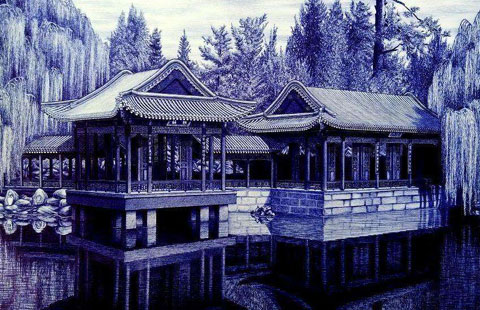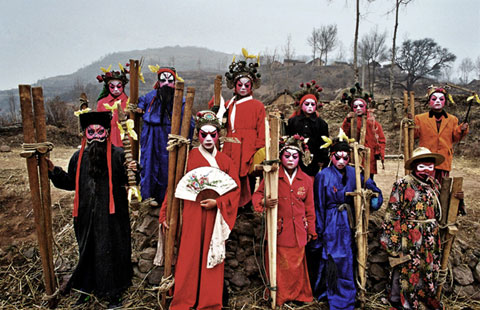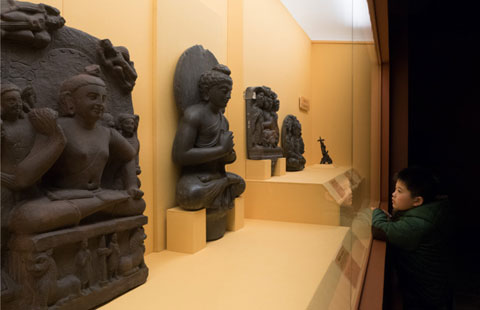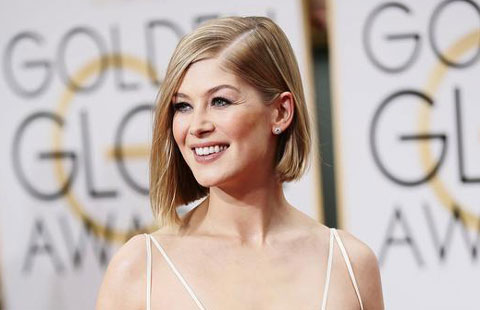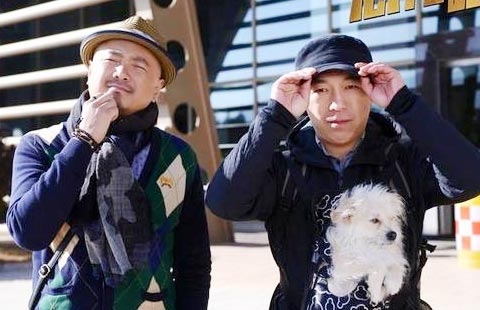Ballet master draws on her family roots
By Mike Peters ( China Daily ) Updated: 2015-02-02 07:35:02While the former Soviet Union obviously had a major impact on Cuban life for many years, including the arts, Alonso says she doesn't see a huge Russian imprint on Cuban ballet.
"Not really. My father and uncle made a study of techniques in different schools to develop what is now the 'Cuban school'," she says. "They took big jump from the Russians, flirting and passion from the Italians-and a lot of beats with your feet from the Danish school. So it's a mixture of everything from the other schools, which are very old. This is a new one, and seems to be working very well.
"Cubans, we are fiery and like to dance-full of joy."
Alonso says she feels lucky to be working at what she likes.
"I get to travel because of it-and on top of that, they pay me. How lucky can you get?"
Born in New York but a longtime resident of Havana, Alonso applauds US President Barack Obama's initiative to normalize relations with Cuba.
"It's about time," she says. "I have the feeling when I'm in the US-I still go for two months every year-that the people want it to be changed.
As an award-winning teacher, Alonso says she does not find it difficult to attract young dancers to a traditional art form like ballet.
"But I do find it difficult to get them to concentrate on working-they want instant gratification, not sweat," she says.
"If you want to be good at something, you have to sweat it out."
If you go
7:30pm, Feb 20-24. Opera House of the National Center for the Performing Arts, 2 Chang'an Avenue, Xicheng district, Beijing.
010-6655-0000.
Related:
|
|
|
|
|
|
|
|
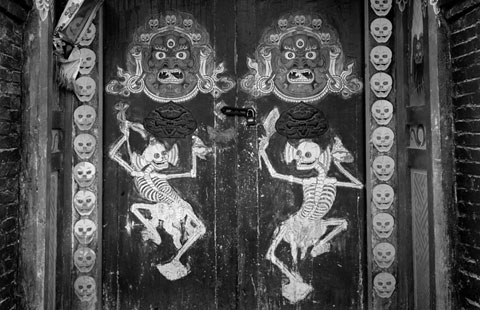
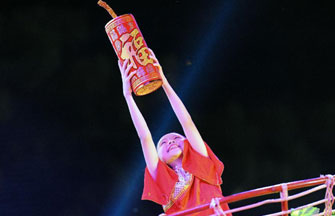
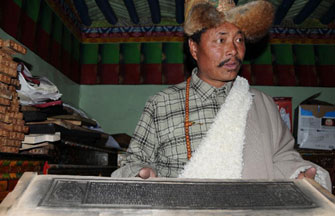
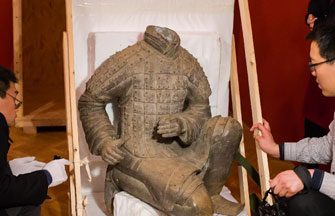
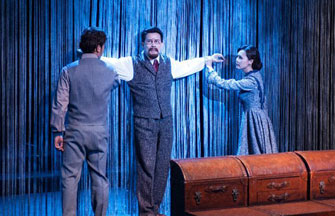

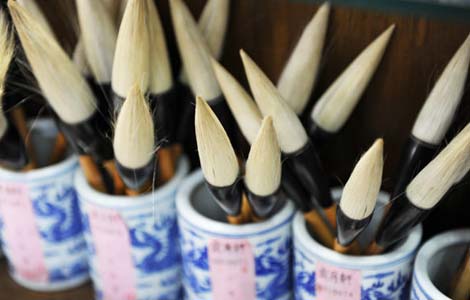
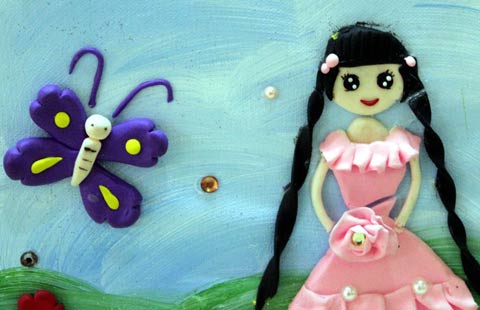
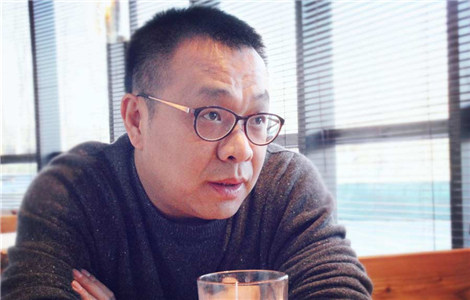
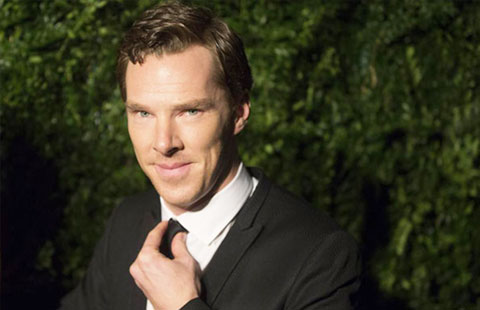



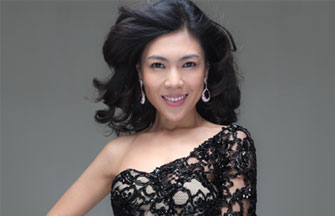

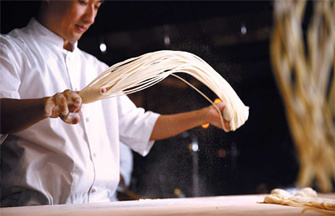


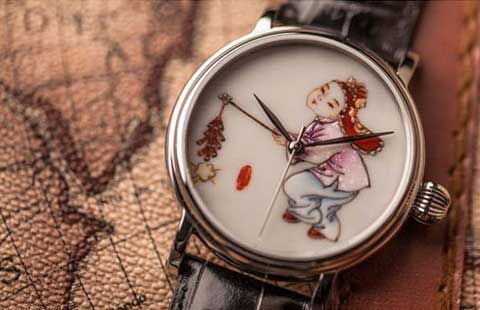

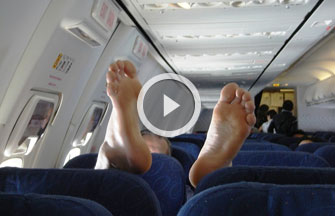
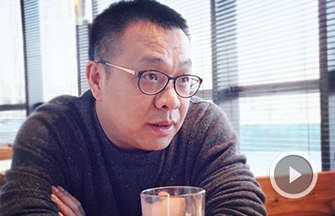

 Raymond Zhou:
Raymond Zhou: Pauline D Loh:
Pauline D Loh: Hot Pot
Hot Pot Eco China
Eco China China Dream
China Dream China Face
China Face
